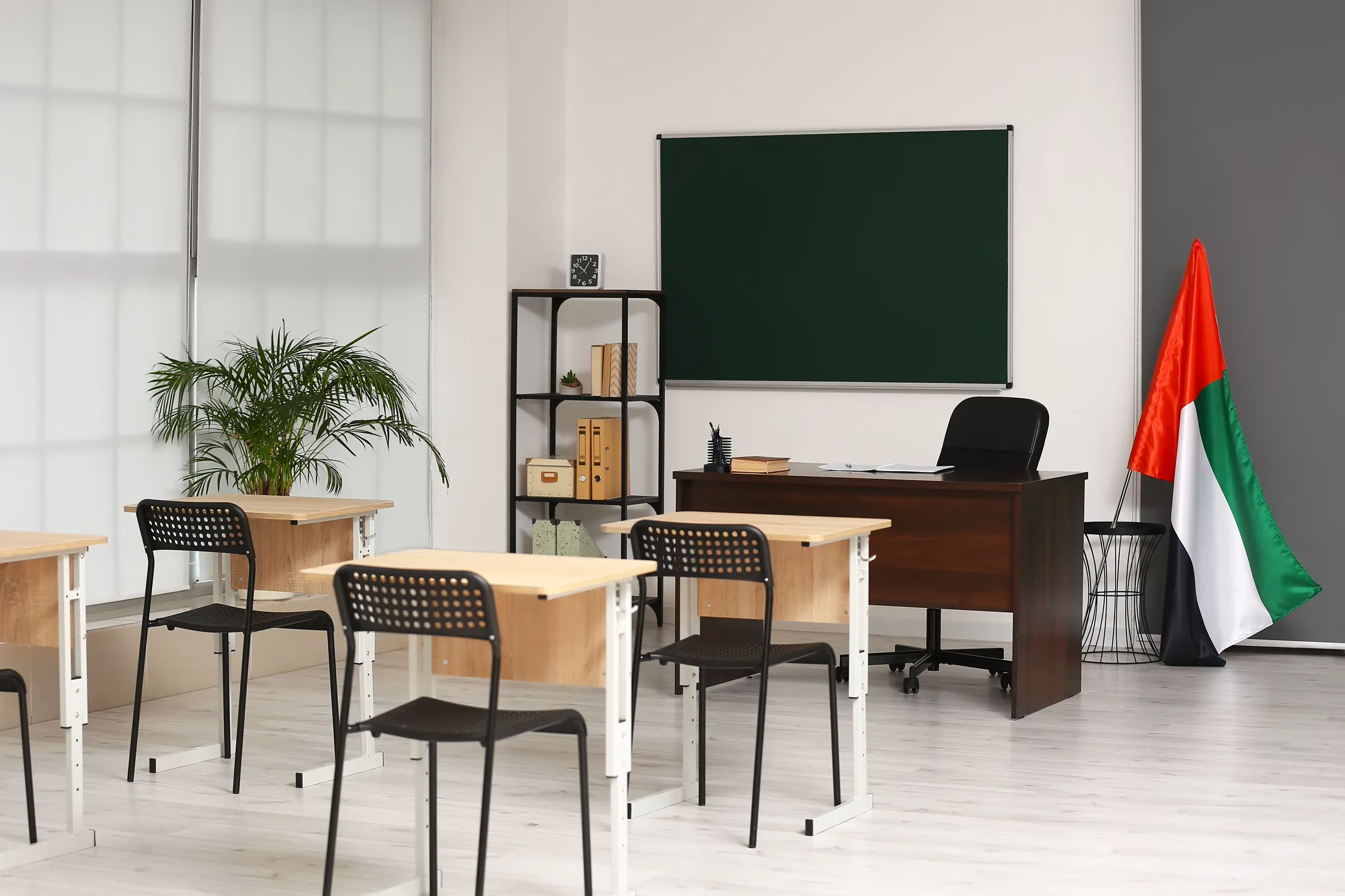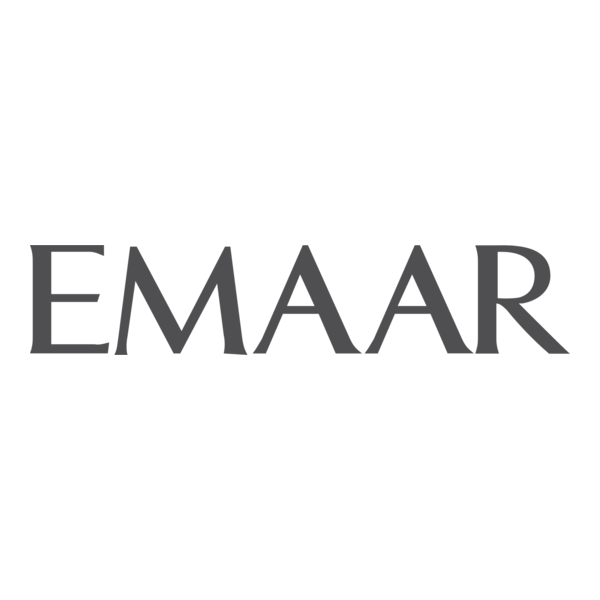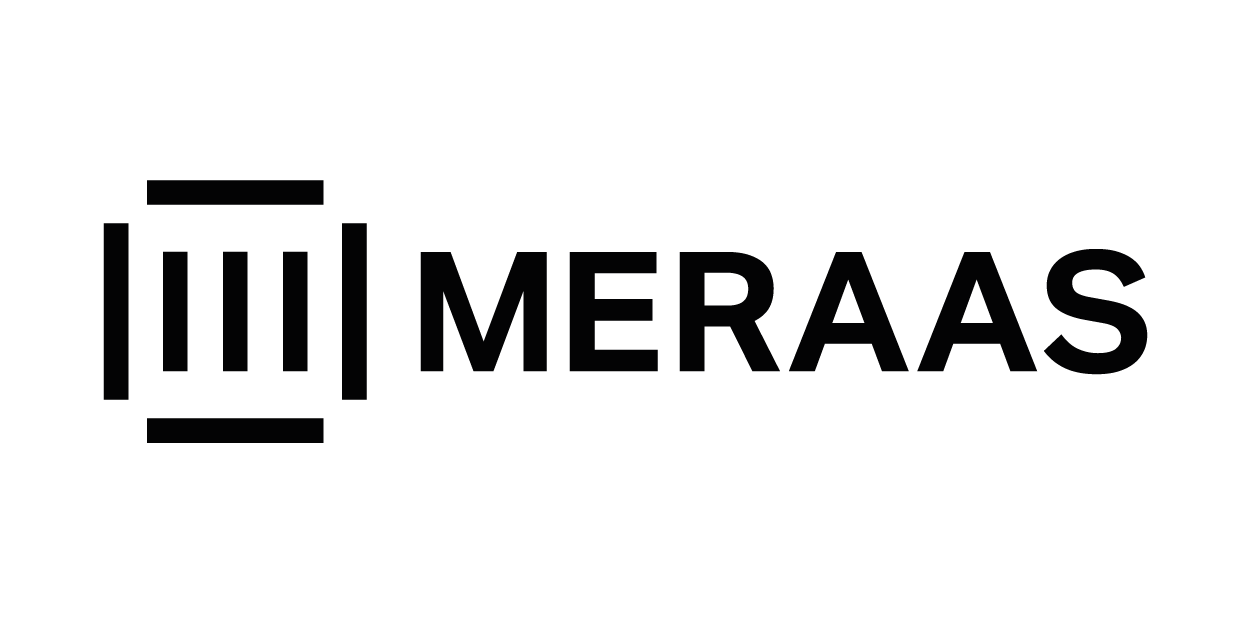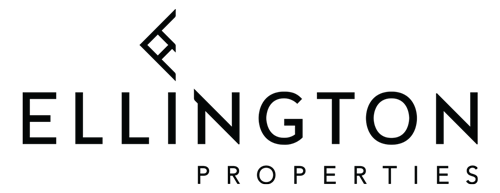Dubai Education: Schooling Systems & Top Institutions (2025)

A Diverse Educational Environment in Dubai (2025)
Dubai offers a dynamic and diverse educational landscape, home to a vast number of private institutions. Each is rigorously regulated by the Knowledge and Human Development Authority (KHDA) to ensure high standards, with annual assessments providing transparent ratings. For families seeking quality education, whether considering Nad Al Sheba villas, Al Barsha apartments, or Arabian Ranches houses, the city's schools offer diverse curricula. These include the popular British system, American curriculum, and the International Baccalaureate (IB), ensuring a perfect fit for every child's needs.
This rich array of educational models reflects Dubai's multicultural fabric. It caters to expatriate families preferring their home country's system and enriches learning for all students, preparing them for an interconnected global world.
Why the British Curriculum Remains a Top Choice
The British curriculum continues to be one of the most sought-after educational pathways in Dubai in 2025, renowned for its structured and globally respected framework. Schools following this system guide students from early years (Foundation Stage) through primary and secondary education, culminating in UK Academic Qualifications like GCSEs and A-levels. These qualifications are widely recognised by top universities globally, making it a popular choice for families with international ambitions.
Leading institutions such as Kings' School (with campuses in Nad Al Sheba, Al Barsha, and Dubai) and Jumeirah English Speaking School (JESS, including an Arabian Ranches campus) exemplify excellence. Alongside Dubai College, these schools consistently earn 'Outstanding' ratings from the KHDA. They are celebrated for their academic rigor, state-of-the-art facilities, and holistic approach, which strongly emphasizes extracurricular activities like sports and performing arts.
Leading British Curriculum Schools in Dubai
- Kings' School Dubai (Nad Al Sheba & Al Barsha): This network of 'Outstanding' and 'Very Good' rated campuses serves students aged 2 to 18, offering excellent options for families residing in Nad Al Sheba villas or Al Barsha apartments.
- Dubai College: Established in 1978, this non-profit secondary school is renowned for its long-standing academic excellence and selective admissions.
- Jumeirah English Speaking School (JESS): With campuses in Jumeirah and Arabian Ranches, JESS offers the British curriculum alongside the IB programme, catering to diverse family needs.
- Dubai English Speaking School & College (DESSC): As one of Dubai's oldest British schools (founded 1963), DESSC provides comprehensive pathways including GCSE, A-level, and BTEC qualifications.
- Jumeirah Primary School / Jumeirah College: Part of GEMS Education, these 'Outstanding' KHDA-rated schools cater to a diverse student body representing over 59 nationalities.
The Growing Role of Bilingual Education
In the UAE's multicultural hub, bilingualism is not merely an advantage but increasingly a necessity. Bilingual education is highly prioritized, aiming to preserve cultural identity while enhancing global competitiveness. While English remains the dominant language for international business, fluency in Arabic offers a distinct advantage within the MENA region and is crucial for maintaining connection to Emirati heritage. The UAE government actively supports this, notably by making Arabic a mandatory subject in private schools.
Consistent studies indicate that bilingual individuals often exhibit enhanced cognitive abilities, including superior problem-solving, critical thinking, and creativity. The bilingual brain's flexibility, constantly switching between languages, contributes to this. Schools such as Dubai American Academy and Al Ittihad Private School have successfully integrated robust bilingual programmes, utilizing both Arabic and English in core subjects like math and science to bolster language skills and overall academic performance.
Pathways to Higher Education in Dubai (2025)
Beyond primary and secondary schooling, the UAE has firmly established itself as a competitive centre for higher education, particularly in 2025. Significant government investment in research and development has led to a sharp increase in academic publications and actively attracts both local and international students. Many expatriate families now opt for local universities due to their increasing global recognition and strong industry partnerships, also considering Dubai student housing options near prominent campuses.
Top Universities in the UAE (2025)
- United Arab Emirates University (UAEU): Established in 1976, UAEU remains the nation's flagship university, offering a wide array of undergraduate and graduate programmes with robust ties to industry and government.
- Khalifa University: This science and technology-focused university, formed from the merger of three institutions, boasts key partnerships with global entities such as MIT and Georgia Tech.
- University of Dubai (UD): Since its establishment in 1997, UD has specialized in business, IT, law, and engineering, with programmes thoughtfully inspired by the American education system.
- University of Sharjah: Recognized as a leading research-focused institution, it features 14 colleges that deliver 127 programmes across a broad spectrum of disciplines.
- Ajman University (AU): As the first private university in the GCC to welcome expatriate students, AU consistently ranks among the top 5 in the UAE, with most of its programmes delivered in English.
Choosing the Right Educational Path in 2025
Selecting the optimal school or university remains a significant decision for any family in Dubai. The process is greatly aided by the transparent KHDA ratings, which provide a clear benchmark for primary and secondary school quality. When choosing, parents should meticulously consider the curriculum, school ethos, extracurricular offerings, and how these align with their child's long-term academic and personal goals.
For higher education, prospective students should evaluate a university's global ranking, its research output, faculty reputation, and industry connections. Institutions like UAEU and Khalifa University provide robust research opportunities and clear pathways to employment with major national and international organizations. Ultimately, Dubai's comprehensive educational ecosystem offers a strong foundation for students to thrive in a competitive global landscape, whether they reside in Nad Al Sheba villas or other thriving communities.
Get Your Free Dubai Investment Guide
What's Inside:
- ✓8+1 reasons international investors buy in Dubai
- ✓Market overview – the numbers you must know before investing
- ✓Off-plan vs Ready – what are the advantages?
- ✓Top 6 emerging locations for off-plan investment
- ✓Golden Visa – frequently asked questions answered
Your information is private. We never spam.







